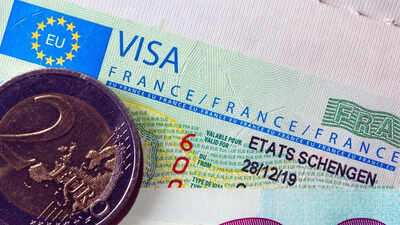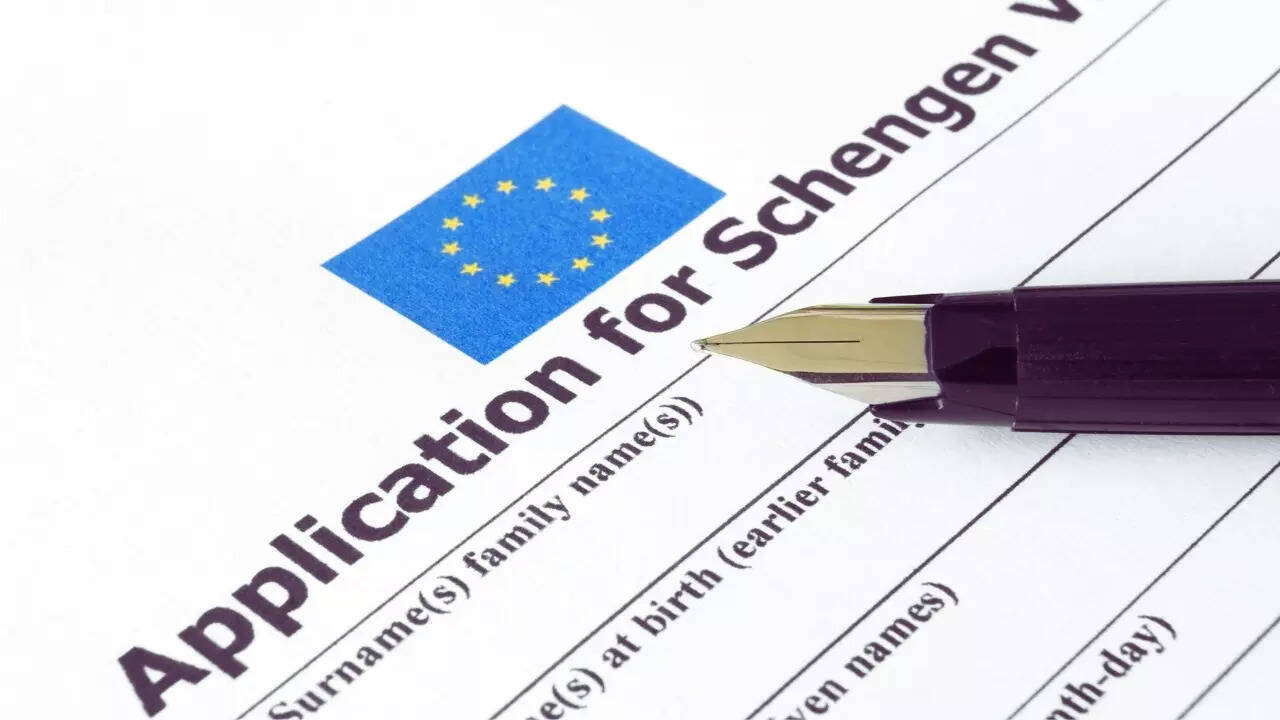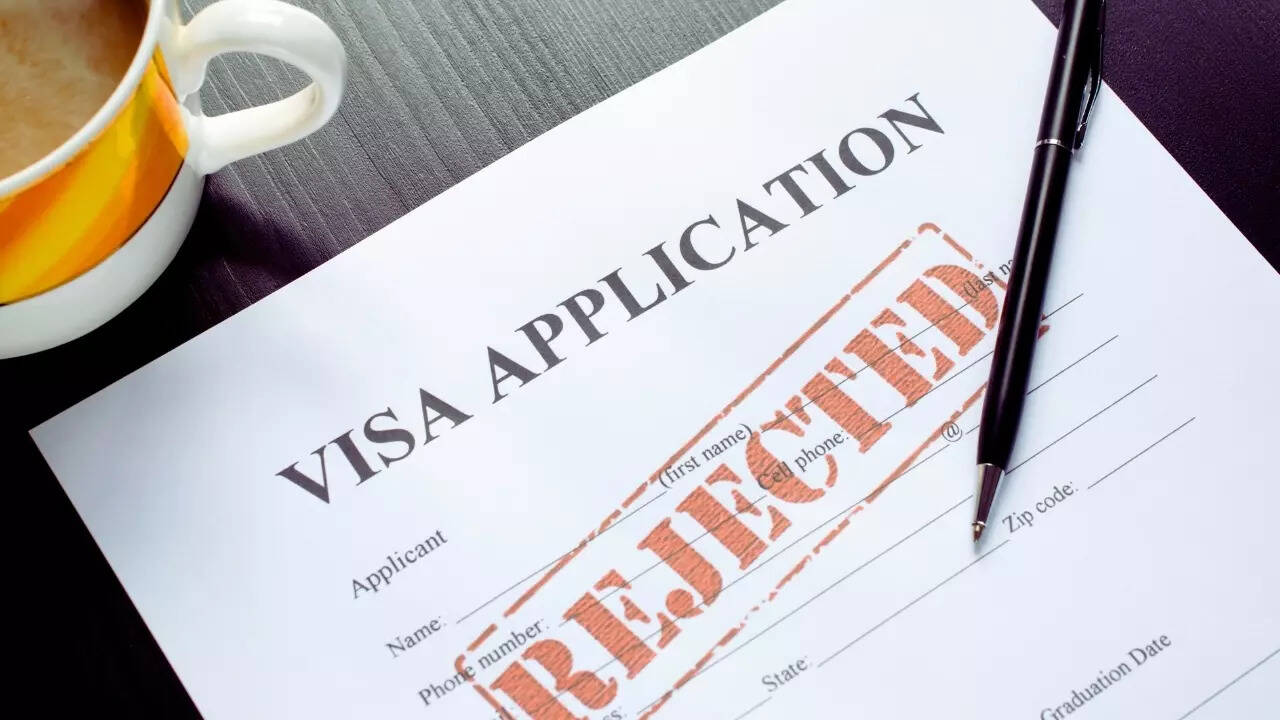ARTICLE AD BOX

Europe has long been a dream destination for travellers from India. From the romantic streets of Paris to the historic alleys of Prague, from the scenic canals of Amsterdam to the snow-capped peaks of the Swiss Alps, the continent offers experiences that stay with you forever.
However, before stepping onto European soil, travellers must first navigate the often-challenging process of obtaining a Schengen visa. While it opens doors to 29 countries with a single visa, the application process can be intimidating. Each year, countless travellers face rejection, often for reasons that could have been easily avoided. Here are some tips to avoid Schengen visa rejection.
Documentation
Many Schengen visa rejections occur simply because forms are incomplete or documents do not meet the required specifications.
Applicants must ensure that their passport is valid for at least three to six months beyond their intended return date and contains at least two blank pages. Applicants need to make sure that the passport-size photographs meet the standard requirements. Believe it or not, this is a frequently occurring mistake that applicants make.
Also important, travel insurance covering medical emergencies, accidents, and repatriation for the entire duration of the trip.
It is mandatory.One also needs to produce confirmed flight tickets, and hotel reservations are necessary to show the visa officer that your plans are concrete. While some travellers might be tempted to book refundable tickets or make tentative reservations, consulates generally expect evidence of genuine arrangements.

Ties to home
This means demonstrating strong personal, professional, and economic ties to the home country.
Employment letters, business registration documents, academic enrollment records, and pay slips serve as proof of professional and financial stability. Family ties, such as dependent parents, children, or a spouse, strengthen the perception of responsibility and obligation at home. Property ownership also provides evidence that the traveller has no incentive to overstay abroad.
Financial stability
Another critical aspect is financial preparedness. Applicants must prove they can comfortably cover travel, accommodation, and daily expenses during their stay in Europe.
Bank statements from the last three to six months, showing a consistent balance, are the standard. Fixed deposits, savings, or investments also contribute to the financial profile. In case a sponsor is covering part or all of the expenses, official sponsorship letters and supporting financial documents are required.
There’s suddenly a large deposit in your bank account? There better be a good explanation for that.
Honesty and consistency
Inconsistencies or false information can lead to immediate rejection. Personal details, travel dates, itineraries, and supporting documents should be consistent across all submissions. Misrepresentation, even minor, can have severe consequences, including bans on future travel. In case of any unpleasant past travel history, visa rejections, or unusual circumstances, it’s best to be honest about them instead of hiding or worse, lying about them.

A clear and realistic itinerary
One thing should never cross the visa officer’s mind–why is this person travelling abroad when they don’t even have a solid plan? That, more often than not, is sketchy. A well-planned itinerary should always be a part of the itinerary. It’s best if a day-by-day itinerary including locations, accommodations, and activities accompanies the application. This shows that the travel is genuine, organised, and feasible.
Timing and preparation
Timing plays an important role here. Ideally, applications should be submitted at least 15–30 days before travel, though they can be submitted up to six months in advance. Early submission puts the applicant in a place where in case of any queries or missing documents, appropriate measures can be taken to avoid last-minute rejection. Also giving time to the process is wise. Rushed applications are prone to errors and omissions.
Addressing red flags
It’s of utmost importance that the applicant has a clean record, and by clean we mean no red flags. The risk of rejection is high with cases related to past visa overstay, criminal records (past and present), unclear travel purposes, or financial inconsistencies. In case of criminal records, it’s better to have a proper, legal explanation, and best if the applicant has a supporting statement that says everything is cleared.
Maintain proper documentation.

 3 hours ago
4
3 hours ago
4









 English (US) ·
English (US) ·